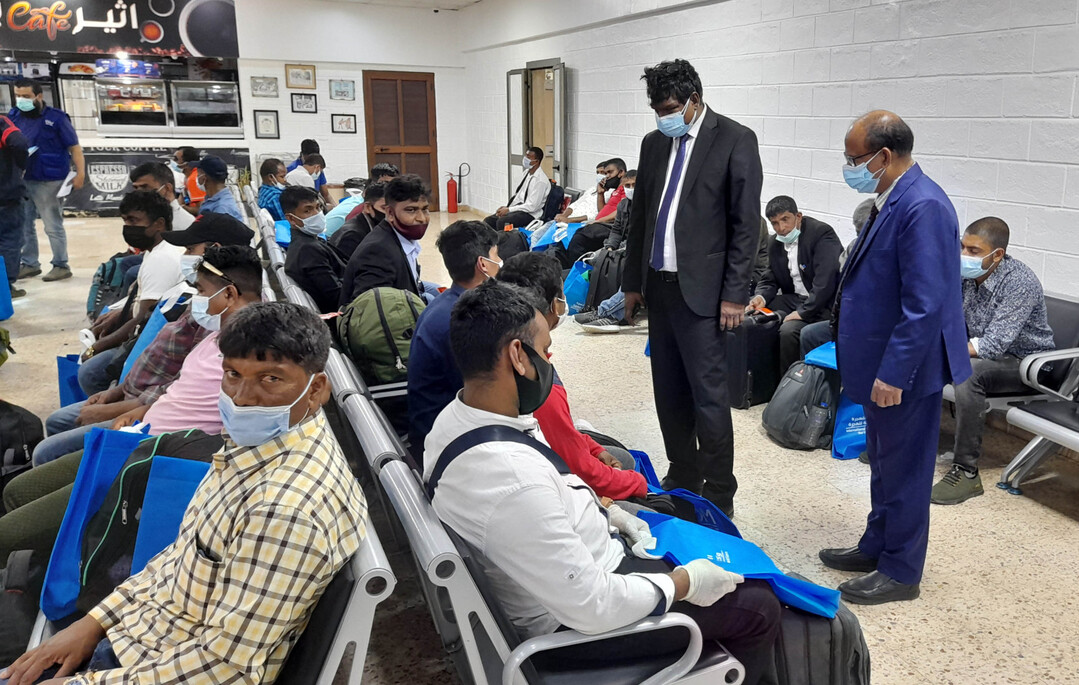
Tripoli, Libya – The Libyan Illegal Migration Control Department has ramped up efforts to repatriate migrants, deporting 160 Bangladeshi nationals via a flight from Tripoli Mitiga International Airport to Dhaka on Wednesday. This operation follows the deportation of Egyptian migrants via land borders just a day prior, signaling an increasing push to manage the influx of irregular migrants in the nation.
Khalid al-Abyad, an official with the department, confirmed that these voluntary deportations will continue, highlighting Libya's ongoing struggle with migrant flows. This comes against the backdrop of Libya’s turbulent political landscape since the 2011 ousting of Muammar Gaddafi, which has transformed the country into a major transit point for those seeking to reach Europe via the perilous Mediterranean Sea route.
The International Organization for Migration (IOM) reports stark figures concerning this migration. In 2024 alone, 4,767 migrants have been intercepted and returned to Libya, while tragically, 82 lives have been lost, and 58 remain missing on the central Mediterranean route. These statistics underscore the dangers faced by migrants attempting this crossing.
Libyan Interior Minister Emad al-Tarabelsi has repeatedly stressed the urgent need for international support, particularly from the United Nations, to facilitate the voluntary return of migrants to their countries of origin. He has also issued stern warnings, suggesting that if voluntary repatriation efforts are not adequately supported by the international community, Libya may resort to forced deportations.
The Libyan government's actions reflect the complexities of migration management in a nation grappling with instability. The situation is further complicated by:
Humanitarian Concerns: The conditions faced by migrants in Libya often raise significant human rights concerns, with reports of detention, abuse, and exploitation.
International Cooperation: The need for enhanced collaboration with countries of origin and transit, as well as international organizations, is critical to finding sustainable solutions.
The central Mediterranean Route: that this area is one of the most deadly migration routes in the world. As is reinforced by IOM reporting.
As Libya continues to navigate these challenges, the call for comprehensive international assistance grows louder. The focus remains on providing safe and dignified returns for migrants, while also addressing the root causes of irregular migration.
[Copyright (c) Global Economic Times. All Rights Reserved.]





























